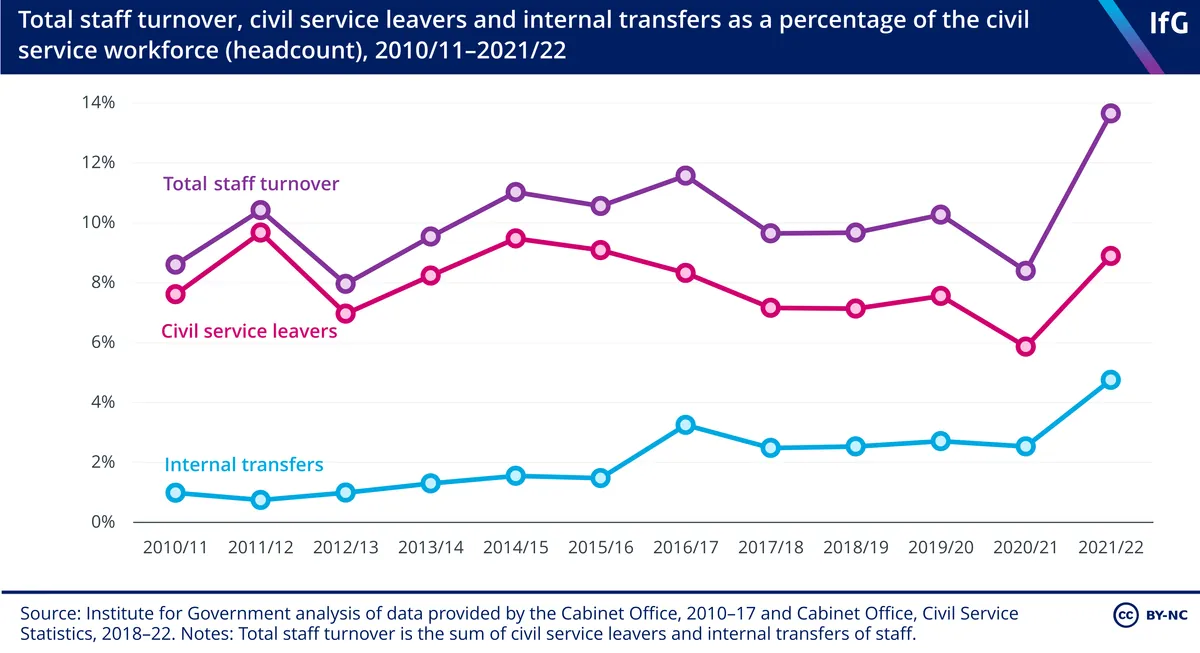The UK public sector faces a big-time productivity drop: its down 8.5% compared to pre-covid times (while inputs grew by 20% but output only increased by 10%)
Latest data from govt shows that public-service efficiency has been going down-hill for decades; its about 5% worse than it was back in late 90s. NHS England stats paint an even darker picture - hospitals work 11% less efficiently now than before covid
The money-side of this problem is huge: govt spends £453bn yearly on day-to-day public services (including health education and defence). If we fixed the productivity gap that opened since covid‚ wed save around £40bn - exactly what Rachel Reeves needs to fill her budget hole
Measuring public service output isnt simple; you cant just count money like in business. Instead they look at things like:
- GP appointments done
- School teaching hours
- Court cases processed
- Defence activities completed
Health and education drag down the numbers most - these face-to-face jobs (like teachers with class-size limits) make it hard to boost productivity. But private sector shows itʼs possible: retail and pro services got 10%+ better since 90s
The main issues behind this mess are clear - no real competition exists; everything depends on Treasury money-decisions; union membership is high (especially with doctor groups being non-flexible); and new tech adoption is super-slow. The NHS needs the biggest fix: UK now has worst life expectancy in Western Europe despite similar spending
At least Wes Streeting and the new govt team say theyre ready to tackle these problems - but time will tell if they can make real change happen
